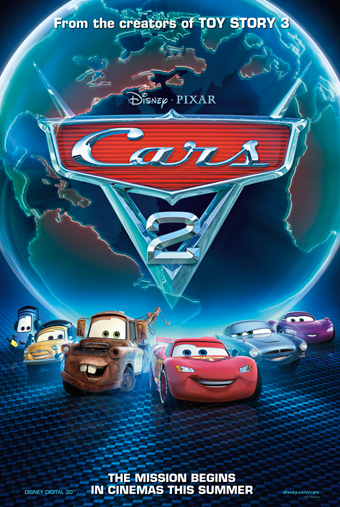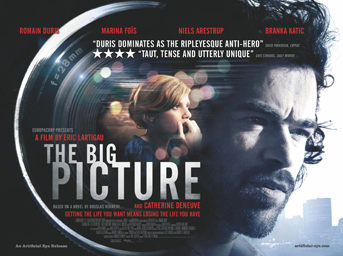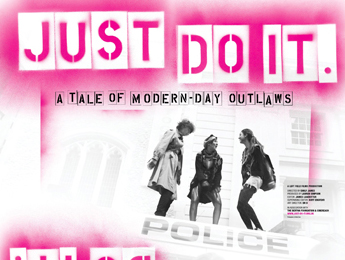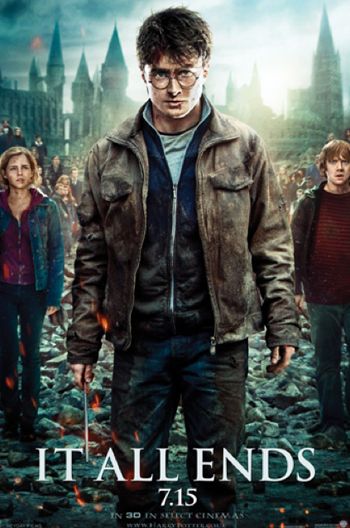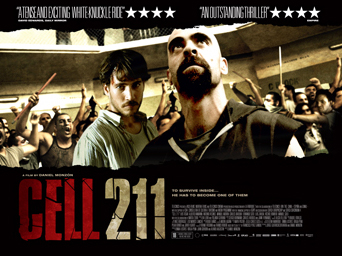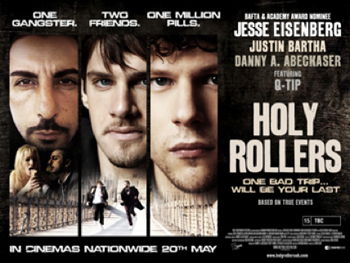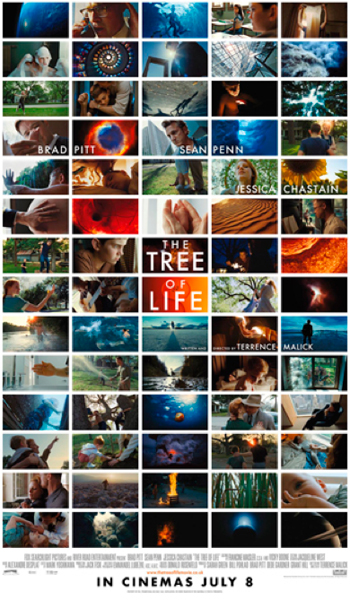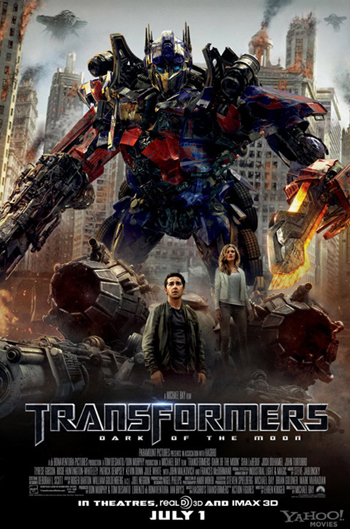Beginners ****
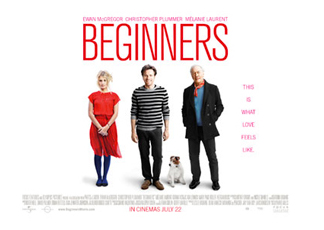 We’re all searching for our purpose in life, a place where all the pieces of the puzzle fit together, and this is what resonates loudly from Mike Mills’s bittersweet and profoundly sincere dramedy, Beginners, with anyone pondering over their current lot. Starring a wonderful pairing of Christopher Plummer and Ewan McGregoras father and son, Hal and Oliver, the non-linear narrative moves between poignant periods of the family’s life to highlight pivotal moments in a saddening but witty manner to trace how Oliver has become. However, it simultaneously and intentionally seems lost in direction at times to reflect Oliver’s (McGregor) desperate search for fulfilment.
We’re all searching for our purpose in life, a place where all the pieces of the puzzle fit together, and this is what resonates loudly from Mike Mills’s bittersweet and profoundly sincere dramedy, Beginners, with anyone pondering over their current lot. Starring a wonderful pairing of Christopher Plummer and Ewan McGregoras father and son, Hal and Oliver, the non-linear narrative moves between poignant periods of the family’s life to highlight pivotal moments in a saddening but witty manner to trace how Oliver has become. However, it simultaneously and intentionally seems lost in direction at times to reflect Oliver’s (McGregor) desperate search for fulfilment.
Only child Oliver appears to have been in his enigmatic parents’ shadow all his life, and after the death of his eccentric mother (played by Mary Page Keller), his fragile world is rocked again by his father, Hal’s announcement at age 75 that he is gay – and has known this since the age of 12 – and that he has terminal lung cancer. Struggling to cope with new events, Oliver has also met a potential love of his life in mysterious and independent French actress Anna (Inglourious Basterds’ Mélanie Laurent’s first English-speaking role). Can ever-woeful Oliver allow love and contentment into his life?
Mills’ film never feels deeply intense, spiralling into blackening despair and self-indulgence, or lacks gravity of a situation, feeling frivolous. Mills’s meticulous balance of emotions keeps the story rousing and engaging, as the Cinéma vérité style plays down any melodrama and keeps the characters as real as possible. It also reflects Oliver’s numbing mood as he floats through his existence, coming alive when Anna offers him some promise of ‘normality’. Intriguingly, although he wants happiness and control, as soon as he has these things and ventures out of his parents’ hold, his self-destructive nature denies them. Here, is a new battle he must acknowledge and tackle if he is to survive.
McGregor gives one of his career-defining performances as Oliver. His is the emotionally-layered character in the film that alternates throughout, expressing the reactions to Plummer’s playful and inspiring actions, and is always on the verge of slow-burning meltdown, but finding a release through drawings and momentary explosions of ‘civil disobedience’ graffiti. McGregor plays down Oliver, never allowing him to become neurotic and ungrounded. This is further expressed by the Fonejacker-styled narrations of periods in his history, as well as subtitled conversations with his father’s pining dog, Arthur, who provides a lot of light and welcome relief throughout.
Plummer is simply delightful as Hal, as though in his element in a new defining role in his prime at 82. Again, although Hal is boisterous and borderline-camp, Plummer never allows him to become a gay caricature, managing to capture Hal’s adventurous new lifestyle, but acknowledging the sobering terminal restraints after he has found the freedom and contentment he’s craved. There are some harrowingly tender moments between father and son as they begin to understand each other once time is running out. The mischievous side of both actors compliments their more sensitive expressions, resulting in some memorable scenes.
In addition, Oliver and Anna’s odd bittersweet meeting and unconventional relationship gives greater scope for McGregor to portray Oliver’s destructive side that moves full circle – nurturing then spurning Anna when she gets too close. Even his mother mentions that black or Jewish music ‘is the deepest as they suffered the most’, engraining at an early age in Oliver that to be in pain at least means you are alive. At the same time, Laurent keeps Anna as an enigma, a lost soul with an equally needy parent – providing some insight into her nomadic and unattached lifestyle, but showing her faults, including commitment issues of her own. Through their relationship, Mills questions our sense of normality and what’s deemed right and wrong in society.
Throughout Beginners, there is a sense of captivating innocence; of never really knowing it all in life as the playing field can change at any one moment. It’s this constant look at rebirth and starting over, as well as Mills basing this story on his own father’s ‘coming out’ experiences that gives Beginners a refreshing vitality and sense of hope amidst a challenging story of embracing change, as and when fate comes knocking, to find purpose.
4/5 stars
By @FilmGazer
WATCH THE TRAILER HERE

